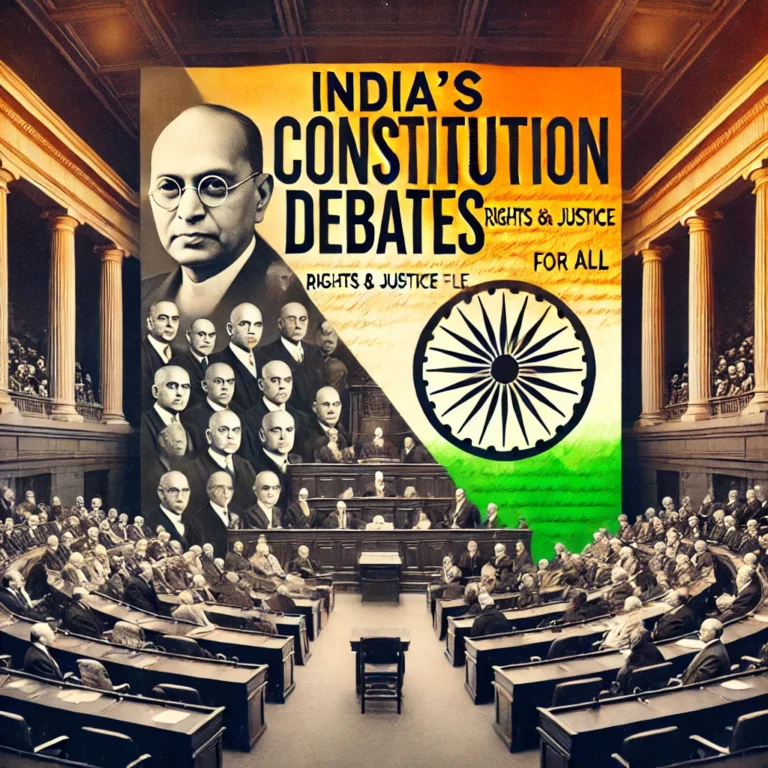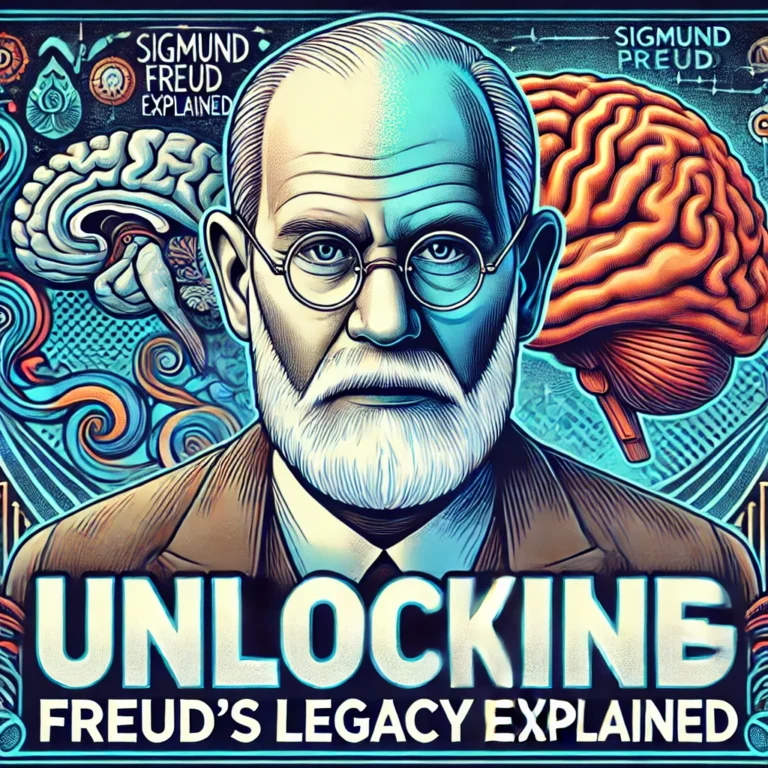Introduction
“Astrology and Science: A Critical Examination” aims to bridge the gap between belief and empirical evidence by critically analyzing astrology’s origins, claims, and persistence in society. Despite being dismissed by many scientists as pseudoscience, astrology has captivated millions worldwide, influencing personal decisions, cultural practices, and even media content. In this detailed exploration, we will uncover the roots of astrology, its differences from scientific inquiry, the psychological and societal factors that sustain it, and the ethical implications it brings.

Table of Contents
1. The History and Evolution of Astrology
Astrology’s journey through human history offers a window into how civilizations sought to understand their world. The practice began in Mesopotamia, where ancient Babylonians meticulously tracked celestial movements, correlating them with seasonal changes and societal events. The idea of celestial influence on earthly matters gradually evolved into more personalized forms of astrology. By the time it reached the Greeks, philosophers like Ptolemy combined astrology with mathematical and philosophical concepts, creating a complex system that purported to connect human fates with celestial alignments.

The transition of astrology from a revered practice to a subject of skepticism began during the Enlightenment. The Scientific Revolution challenged longstanding beliefs, introducing empirical evidence and testable hypotheses as the gold standard for knowledge. Astrology, unable to meet these criteria, was largely excluded from the scientific canon. However, “Astrology and Science: A Critical Examination” reveals that this did not mark the end of astrology; instead, it adapted to changing times, resurfacing as a tool for self-reflection and identity exploration.
2. Astrology vs. Astronomy: Where Science Draws the Line
To understand the basis for scientific skepticism, one must differentiate between astrology and astronomy. Astronomy is a well-established science focused on studying celestial bodies, their properties, and their movements through empirical methods. Astronomers use tools such as telescopes, mathematical modeling, and observation to gather data and form theories that can be tested and verified. “Astrology and Science: A Critical Examination” highlights that astronomy relies on reproducible results and falsifiability, key tenets of the scientific method.
Astrology, by contrast, posits that the positions and movements of celestial bodies influence human lives. However, its claims are often unfalsifiable, making them resistant to rigorous testing. When scientific studies, such as those conducted by physicist Shawn Carlson, attempted to validate astrology, they consistently found no statistically significant evidence supporting its predictive power. This inability to produce reliable, replicable outcomes places astrology outside the bounds of science, reinforcing skepticism from researchers and scientists.
3. The Scientific Scrutiny of Astrology
“Astrology and Science: A Critical Examination” delves deeper into the scientific studies conducted to test astrology’s validity. One of the most notable studies was Shawn Carlson’s double-blind experiment in 1985, published in Nature. In this study, astrologers were asked to match personality profiles to natal charts without knowing the identities of the subjects. The results showed no correlation beyond random chance, undermining claims of astrological accuracy.
Beyond Carlson’s study, other research efforts have sought to test astrology’s predictive power in areas such as personality, career success, and relationship compatibility. Despite the extensive testing, results consistently demonstrate that astrology’s claims are indistinguishable from random chance. “Astrology and Science: A Critical Examination” also explores the cognitive biases that may lead individuals to perceive astrology as accurate. The “Barnum effect,” for example, explains why people see vague, general statements as highly specific to their own lives.
4. The Psychological Appeal of Astrology
Despite lacking empirical support, astrology retains widespread popularity, a phenomenon that “Astrology and Science: A Critical Examination” seeks to unpack. Psychologically, astrology appeals to the human desire for meaning, control, and connection. In an unpredictable world, astrology offers a comforting narrative structure, attributing life’s uncertainties to celestial forces rather than random chance.
Astrology also fosters a sense of identity and community. Zodiac-based personality assessments, horoscopes, and memes circulating on social media provide users with relatable content and a sense of belonging. The psychological benefits of astrology, such as increased self-reflection and reduced anxiety, have been compared to the placebo effect, highlighting its ability to influence well-being through belief alone.
Astrology and the Placebo Effect
Research shows that belief in astrology can have tangible psychological effects, even if the underlying claims are unproven. When individuals feel reassured or validated by their horoscopes, they may experience genuine boosts in confidence or emotional well-being. While this does not validate astrology scientifically, it underscores its psychological power.
5. The Cultural Impact of Astrology
Astrology’s influence extends beyond individual belief to shape entire cultures and societies. In “Astrology and Science: A Critical Examination,” we explore how different cultures integrate astrology into everyday life. In India, for example, astrology is deeply embedded in traditions, with astrological charts (known as kundlis) frequently consulted before marriages, business ventures, and major decisions.
While astrology can reinforce cultural identity and continuity, it also perpetuates superstitions and stereotypes. Astrological beliefs may lead to discriminatory practices, such as rejecting potential spouses based on “unfavorable” planetary alignments. “Astrology and Science: A Critical Examination” sheds light on the ethical and social consequences of astrology’s cultural entrenchment.
6. Astrology and Gender-Based Exploitation
“Astrology and Science: A Critical Examination” reveals that astrology can exploit gender roles and expectations differently for men and women. Women are often targeted by astrologers offering services for “marital harmony,” fertility solutions, or romantic advice, capitalizing on societal pressures and personal insecurities. Men, on the other hand, may face predictions tied to career success, financial prosperity, or social status, reinforcing traditional expectations.
Commercialized astrology exploits these vulnerabilities through products and rituals marketed as empowering or transformative but often entrench gender norms. By examining real-life case studies and examples, this section highlights the ethical implications of gendered exploitation within astrology.
7. Is Astrology Harmful?
While astrology may appear benign or even beneficial, its potential for harm should not be overlooked. “Astrology and Science: A Critical Examination” discusses the ways in which reliance on astrology can hinder critical thinking, lead to poor decision-making, and foster dependency on astrologers for guidance. For instance, individuals who prioritize astrological advice over evidence-based medical care may jeopardize their health.
Financial exploitation is another risk, with some individuals spending large sums on astrological consultations, rituals, and remedies. By perpetuating belief systems rooted in pseudoscience, astrology may also undermine scientific literacy and promote magical thinking.
8. Astrology in Modern Media and Pop Culture
Astrology has found new life in modern media, from daily horoscopes in newspapers to astrology-themed social media accounts with millions of followers. “Astrology and Science: A Critical Examination” explores how digital platforms have made astrology more accessible and relatable, particularly among younger generations. Social media influencers often use engaging content, such as zodiac memes and personality quizzes, to attract followers and create a sense of community.
While this popularity may seem harmless, it raises questions about the role of pseudoscience in mainstream culture. By normalizing belief in astrology, modern media may inadvertently undermine critical thinking and promote magical explanations for complex life events.
9. Addressing the Scientific Community’s Role
In “Astrology and Science: A Critical Examination,” we emphasize the need for constructive dialogue between the scientific community and the public regarding pseudoscientific beliefs. Dismissing astrology outright may alienate believers and hinder productive engagement. Instead, scientists can promote critical thinking by explaining how cognitive biases, confirmation bias, and cultural influences shape belief systems.
By fostering public understanding of the scientific method and engaging with astrology as a cultural phenomenon, the scientific community can encourage curiosity, skepticism, and evidence-based inquiry.

Conclusion
Astrology continues to captivate and divide society, straddling the line between cultural tradition and pseudoscience. “Astrology and Science: A Critical Examination” underscores the need for a balanced perspective that respects cultural traditions while promoting critical thinking and evidence-based knowledge. By understanding the appeal, influence, and limitations of astrology, we can navigate a complex world where belief and science coexist in tension.
References
- Tarnas, R. (2006). Cosmos and Psyche: Intimations of a New World View.
- Carlson, S. (1985). “A Double-Blind Test of Astrology.” Nature.
- Lewis, J. R. (1994). The Astrology Encyclopedia.
- Hood, B. (2009). SuperSense: Why We Believe in the Unbelievable.
- Shermer, M. (1997). Why People Believe Weird Things.
- Carroll, R. T. (2003). The Skeptic’s Dictionary.
- Historical records of Mesopotamian and Babylonian astrology.
- Studies on cognitive biases, including the Barnum Effect and confirmation bias.




